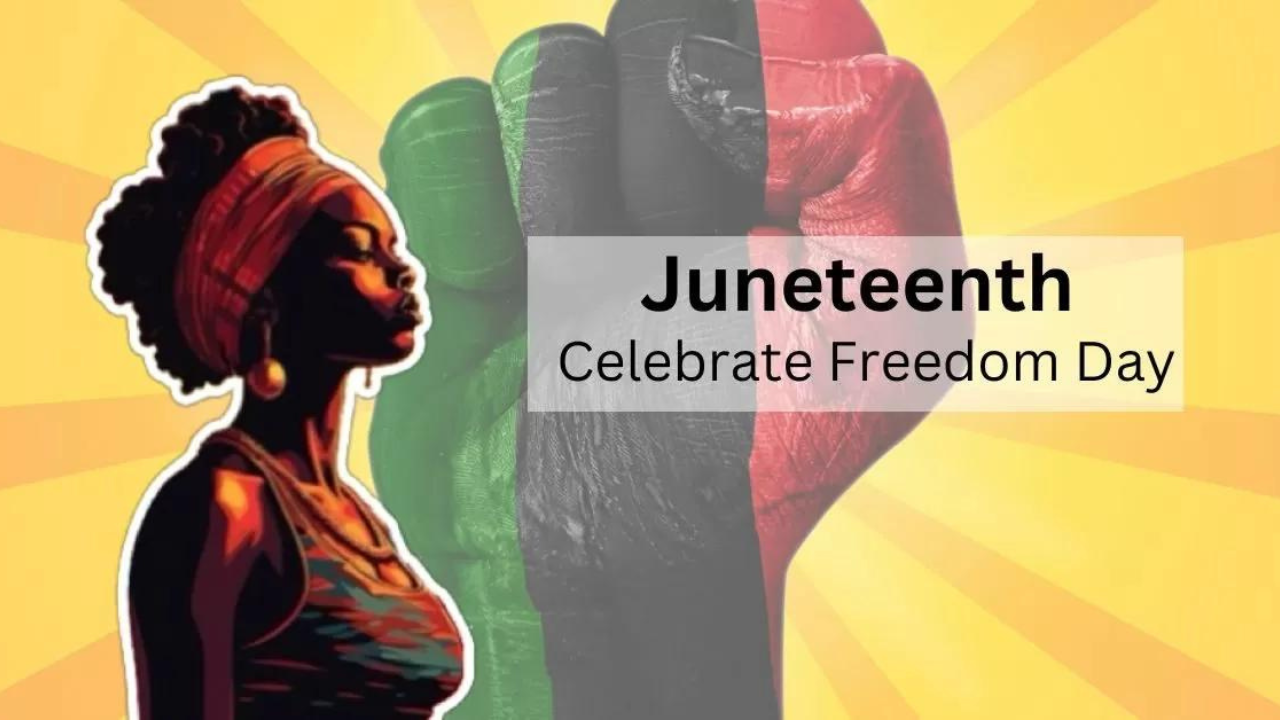Juneteenth, a portmanteau of “June” and “nineteenth,” is a significant holiday in American history. It commemorates the end of slavery in the United States, specifically marking the date when enslaved African Americans in Texas were informed of their freedom. This historic event took place on June 19, 1865, more than two years after President Abraham Lincoln issued the Emancipation Proclamation. Let’s delve into the rich history, cultural significance, and modern-day celebrations of Juneteenth.
The Historical Context of Juneteenth
The Emancipation Proclamation
The journey towards Juneteenth began with the Emancipation Proclamation, signed by President Lincoln on January 1, 1863. This executive order declared that all enslaved people in the Confederate states were to be set free. However, due to the ongoing Civil War, enforcement of this proclamation was limited to areas under Union control.
General Order No. 3
It wasn’t until June 19, 1865, when Union General Gordon Granger arrived in Galveston, Texas, and issued General Order No. 3, that the last group of enslaved people in the United States learned of their freedom. This order stated:
“The people of Texas are informed that, in accordance with a proclamation from the Executive of the United States, all slaves are free. This involves an absolute equality of personal rights and rights of property between former masters and slaves, and the connection heretofore existing between them becomes that between employer and hired labor.”
The Aftermath and Significance
The announcement sparked a wave of jubilation and a profound sense of relief among the newly freed African Americans. It marked the end of a long and brutal era of enslavement and the beginning of a new chapter in American history. Juneteenth, therefore, symbolizes freedom, resilience, and the ongoing struggle for civil rights.
Cultural Significance and Traditions of Juneteenth
Early Celebrations
The first Juneteenth celebrations were intimate community gatherings that included prayer meetings, singing of spirituals, and communal meals. These events were not only a time for celebration but also an opportunity to reflect on the past and plan for the future.
Modern Celebrations
Today, Juneteenth is celebrated across the United States with a variety of festivities. These include parades, festivals, educational events, and family reunions. Common features of Juneteenth celebrations include:
- Flag Raising: The Juneteenth flag, designed by Ben Haith in 1997, is often raised during ceremonies. The flag features a bursting star in the middle, symbolizing a new freedom and a new people.
- Cultural Exhibits: Many communities host exhibits showcasing African American art, history, and achievements.
- Public Readings: Reading the Emancipation Proclamation and General Order No. 3 is a tradition that helps remind participants of the historical context of the holiday.
- Music and Dance: Traditional music and dances, including gospel and blues, are integral parts of the celebration, reflecting the rich cultural heritage of African Americans.
Juneteenth as a National Holiday
In recent years, there has been a growing movement to recognize Juneteenth as a national holiday. This movement gained significant momentum in 2020, amidst widespread protests against racial injustice. On June 17, 2021, President Joe Biden signed the Juneteenth National Independence Day Act into law, officially recognizing June 19 as a federal holiday.
The Broader Impact of Juneteenth
Educational Significance
Juneteenth serves as a powerful educational tool. Schools and educational institutions use this day to teach about the history of slavery, the Civil War, and the civil rights movement. By learning about Juneteenth, students gain a deeper understanding of the struggles and triumphs that have shaped American society.
Promotion of Unity and Reflection
Juneteenth encourages Americans of all backgrounds to come together and reflect on the nation’s history of injustice and inequality. It is a day to acknowledge the progress that has been made and to recognize the work that still needs to be done to achieve true equality.
Economic Impact
Juneteenth also has a notable economic impact. Many businesses and corporations observe the holiday by giving employees the day off, hosting educational events, or supporting local Black-owned businesses. This not only boosts local economies but also promotes diversity and inclusion within the corporate world.
Challenges and Controversies
Recognition and Awareness
Despite its historical significance, Juneteenth is still not widely recognized in some parts of the United States. Efforts are ongoing to increase awareness and ensure that the holiday is celebrated nationwide.
Commercialization
As Juneteenth gains popularity, there are concerns about its commercialization. Some fear that the true meaning of the holiday could be overshadowed by marketing and profit-driven motives. It is important to balance celebration with education and respect for the holiday’s origins.
Conclusion
Juneteenth is more than just a date on the calendar; it is a powerful reminder of the resilience, courage, and determination of those who fought for freedom and equality. As we celebrate Juneteenth, we honor the past, acknowledge the present, and look forward to a future where equality and justice are realities for all.
